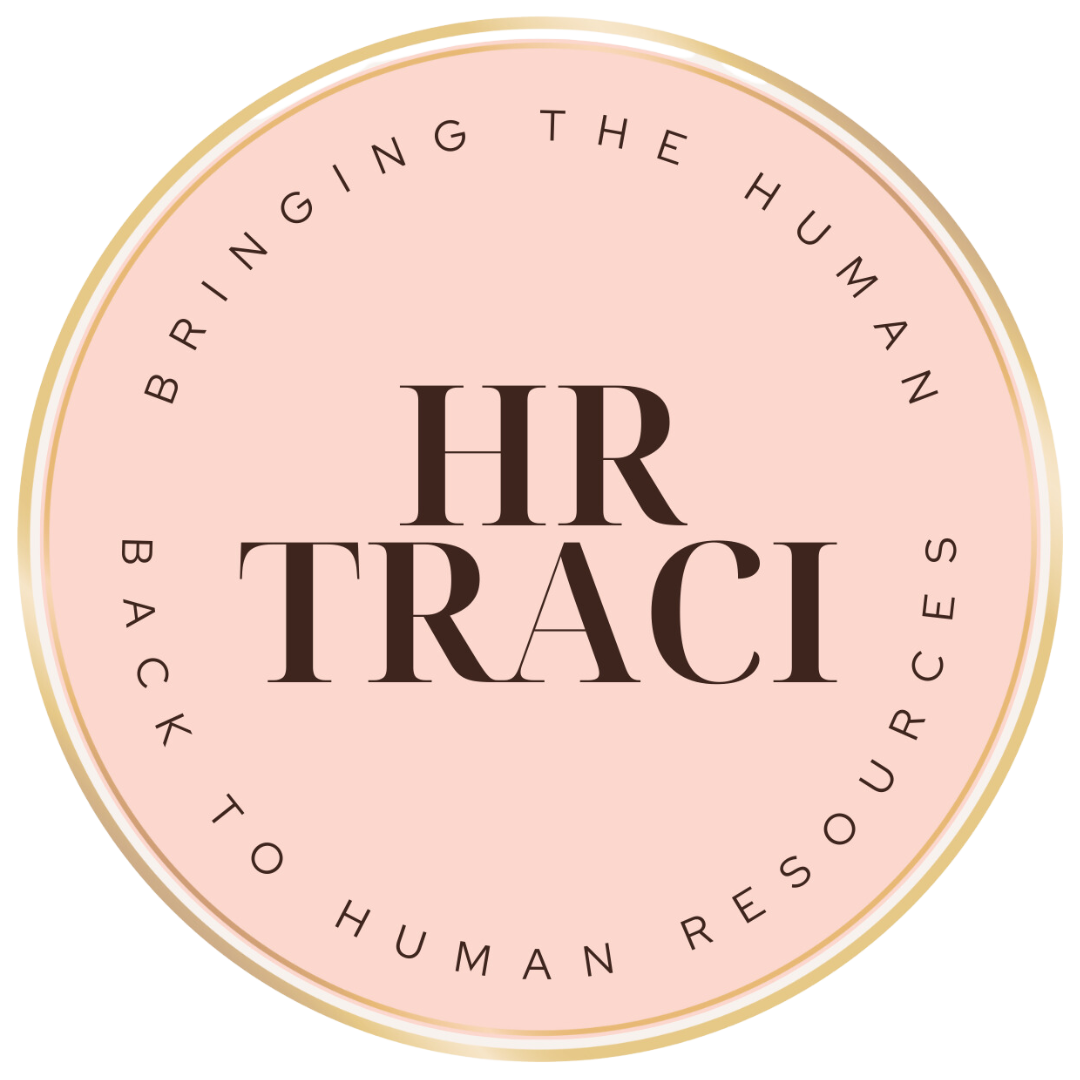The 7 Mindsets: When Your Brain's Factory Settings Are Sabotaging Your Success
Oprah's Dinner Wisdom, ANTs in Your Brain, and Why High Achievers Think Differently
We've talked about workplace mindset before, but not like this.
In this week's episode, we unpack why even the most successful people battle 50,000 negative thoughts daily, how your brain's "safety settings" create artificial limits on your potential, and what a barefoot billionaire taught us about dreaming bigger.
Scott Shickler is the founder and CEO of 7 Mindsets and one of the world's leading experts on mindset-based empowerment who has spent 15 years interviewing high achievers to decode what actually drives success. He once showed up to a Manhattan interview barefoot after flying his own airline.
Here's what we learned about debugging your mental operating system and why mindset truly is "over everything."
05:27 – The Mindset Researcher's Breakthrough
The conversation revealed why Scott's approach cuts through typical self-help noise.
He's spent 15 years systematically interviewing billionaires, Olympic athletes, and celebrities to identify what the happiest, most successful people actually have in common.
His research led to an unforgettable three-hour dinner with Oprah Winfrey, where she was discussing her Academy for Girls in South Africa.
When Scott asked what she considered the most important lesson to teach these students, her response was immediate: "Mindset. Mindset over everything."
This wasn't feel-good philosophy. This was validation from someone who built an empire that success fundamentally comes down to how you process the world mentally, not what advantages you have access to.
11:27 – Everything Is Possible
Scott's interviews revealed a consistent pattern among high achievers that challenges how most of us think about our limitations.
Richard Branson, despite owning 400 companies and his own airline, told Scott he wished he'd "dream bigger." The Virgin Group founder's regret wasn't about missed opportunities or bad decisions—it was about not pushing the boundaries of what he thought was possible early enough.
This insight became the foundation for Scott's first identified mindset: "everything is possible."
It's not about positive thinking; it's about recognizing that our initial assumptions about what we can achieve are almost always artificially small.
15:42 – One Inch Higher
Scott demonstrated something that reveals how our brain actively limits our potential.
Try this: raise your hand as high as you can while staying seated.
Now, can you get it one inch higher? Most people can, which means they weren't actually trying as hard as they thought the first time.
"Our brain doesn't like discomfort. The brain doesn't like to stretch. The brain thinks backwards better than it thinks forwards," Scott explained.
This protective mechanism creates artificial ceilings on our capabilities because staying safe feels more important than achieving more.
22:40 – The ANTs Problem
Here's the most democratizing insight from Scott's research: everyone deals with 30,000 to 50,000 Automatic Negative Thoughts (ANTs) daily.
The difference between high achievers and everyone else isn't the absence of negative thinking. It's that they've developed systems to identify these thought patterns and consciously redirect them before they compound into limiting beliefs.
Scott's team also studied 200,000 teenagers and found they had the exact opposite mindsets of successful adults.
Without intentional intervention, these limiting patterns stick around and create adults who struggle with the same mental obstacles.
24:23 – Human Success Revolution
Scott's return to his CEO role after sabbatical provided a real-time case study in organizational culture.
During his absence, his company had drifted away from mindset-based practices, resulting in significant turnover after five years of zero departures.
The experience reinforced why he's now transforming "Human Resources" into "Human Success"—shifting from managing people as resources to unlocking their potential for genuine significance.
This approach recognizes that employees can't compartmentalize personal challenges when they show up to work, making mindset development a practical business necessity rather than optional team-building.
32:06 – Your Personal MQ Coach
Scott's latest innovation moves beyond traditional intelligence measurements to something that might actually predict success and satisfaction.
The MQ (Mindset Quotient) measures how closely your thinking patterns align with proven high achievers like Oprah, Branson, and Olympic champions.
It connects to a personalized AI coach that learns your specific goals and provides daily activities for sustainable mindset development.
Want to experience Scott's free gift? The link is in the shownotes!
Click here to access the MQ assessment and personal mindset coach at meetmq.com using code HUMAN.
It's in beta, so you'll be among the first to try this technology that bridges the gap between understanding beneficial thinking patterns and actually implementing them daily.
Ready to Reset Your Mental Operating System?
Scott's research proves that success isn't about external circumstances, education levels, or connections.
It's about identifying the factory-installed mental software that's actively working against your potential and learning to run better programs.
Which assumptions about your capabilities might be artificial ceilings you've accidentally accepted as permanent?
What areas of your work or life could benefit from pushing just "one inch higher"?
The full conversation reveals specific strategies for making these mindset shifts sustainable and how leaders can create environments where people pursue significance instead of just surviving until Friday.
Want to connect?
Find Scott: LinkedIn | Website 7mindsets.com | MQ Assessment meetmq.com (use code: HUMAN)
Contact Traci: https://linktr.ee/HRTraci
Have insights about HR burnout or other workplace wellness hot takes? We're always looking for thoughtful guests with fresh perspectives.


